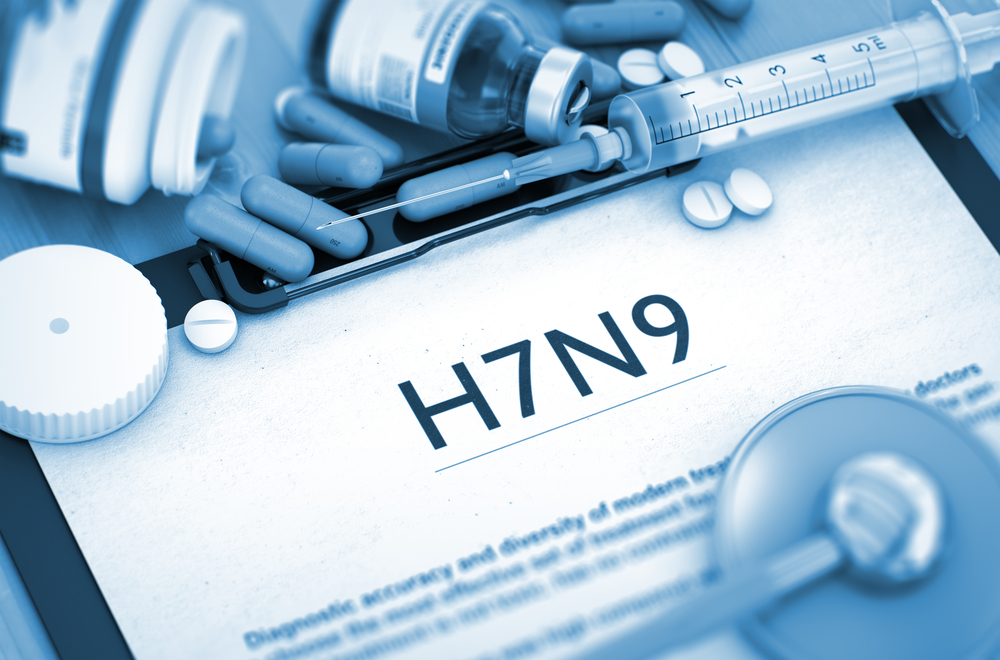
A pair of clinical trials sponsored by the National Institute of Allergy and Infectious Diseases (NIAID) will test an experimental vaccine to prevent influenza caused by an H7N9 influenza virus.
Officials said the Phase 2 studies would test different dosages of the inactivated influenza vaccine candidate, 2017 H7N9 IIV, as well as different vaccination schedules, to evaluate whether an adjuvant boosts the immune responses of people receiving the vaccine.
H7N9 is bird influenza virus initially reported in humans in 2013 in China and the World Health Organization said since that time six waves of the infection have occurred there, resulting in more than 1,500 cumulative human infections.
“As we experience one of the worst seasonal influenza epidemics in recent years here in the United States, we also must maintain a scientific focus on novel influenza viruses, such as H7N9, that have the potential to cause a pandemic,” NIAID Director Anthony S. Fauci said. “These new clinical trials will build upon initial studies of earlier versions of an H7N9 vaccine candidate to provide a more detailed picture of its safety and ability to generate a protective immune response to current H7N9 strains.”
One clinical trial will test the vaccine candidate at different dosages, both with and without the AS03 adjuvant while the second trial tests the H7N9 vaccine candidate with AS03 adjuvant in conjunction with a quadrivalent seasonal influenza vaccine.
Officials said to date no human cases of H7N9 influenza have been detected in the United States.




